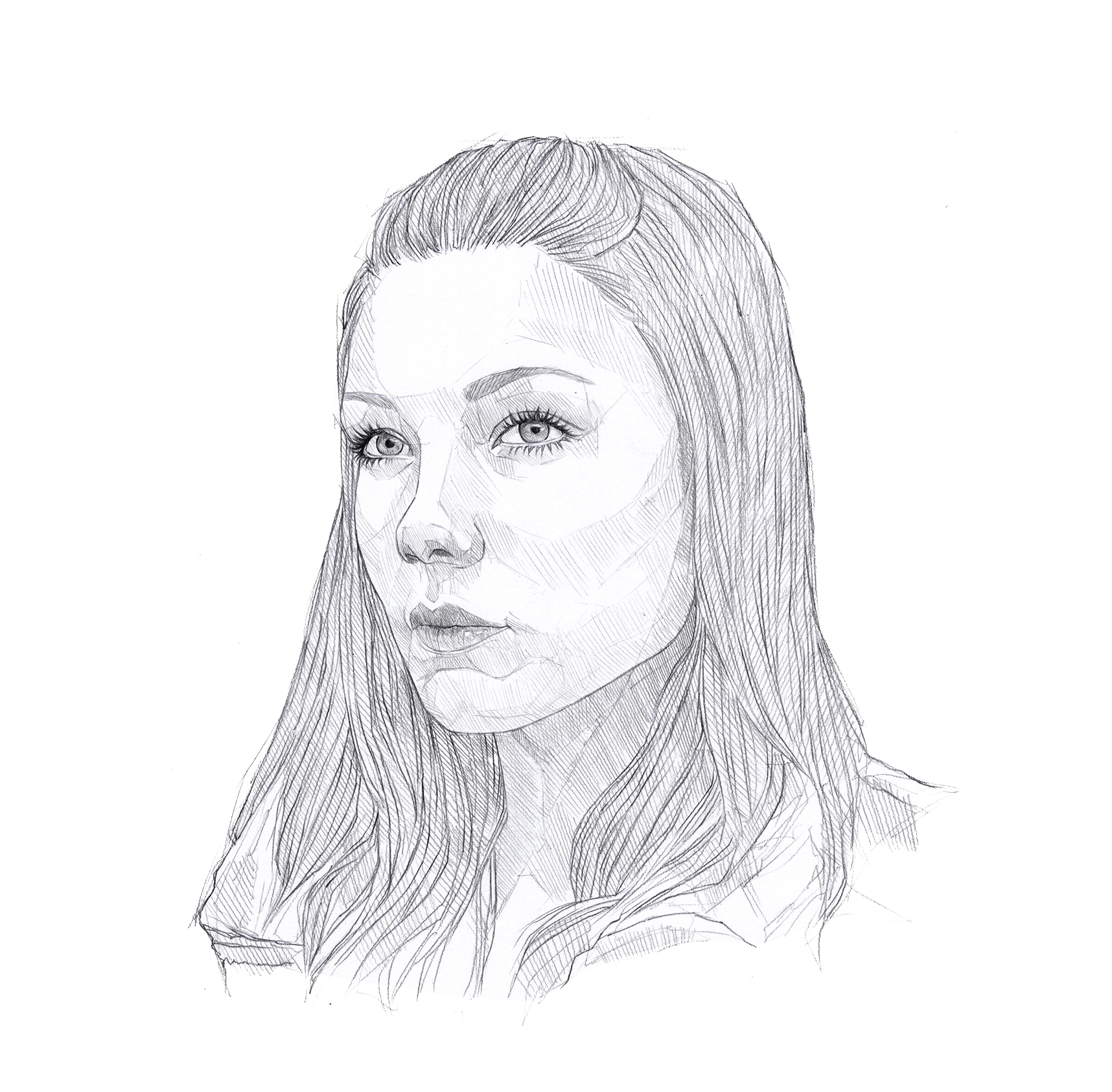Caring, non-judgemental, and unbiased
Facilitator: How ‘bout, like, everybody gives me one characteristic or quality [...] of a potential support person. What would that look like?
Participant 1: Caring?
Facilitator: Caring, why would it be important um, to have a support person who’s caring?
Participant 1: Because it’s important to have someone that will listen to you and support you throughout the process?
Facilitator: Okay, thank you. That was a very important point. Okay, Participant 1 and Participant 2, what are some other characteristics?
Participant 2: Somebody who is non-judgemental.
Facilitator: Non-judgemental. Okay, why is that important?
Participant 2: Just [pause] to have somebody who is kind of is – who, kind of remains unbiased during the conversation.
Facilitator: Yeah. For sure, that’s important. [pause] Yeah.
Participant 2: Um, I think like being knowledgeable or experienced would be important. Um, not just like, knowing like about the resources and – and about the policy, but also [...] about how to treat the person in that situation and like what – what to say. Which I guess might come with experience or like training or something.
Recommendations
-
Create an inter-university and college roster of peer supporters and educators that includes international and domestic student leaders across genders.
-
Use approaches that are trauma informed and survivor-centred.
-
Provide long-term support to victims/survivors through university services and/or through referals to external community-based agencies.

